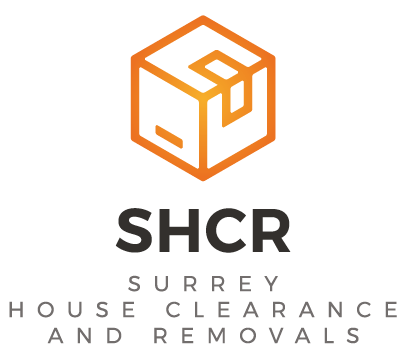Guide to hiring a tradesperson
Qualifications
Gas Safe - By law, all tradespeople must be Gas Safe registered to carry out gas work. Registered tradesfolk carry a personal ID card, so check their license number and expiry date.
Part P - Tradespeople need a Part P qualification to do most electrical work in your property. Ask to see proof of your tradeperson's Part P credentials to avoid having to contact your local building authority for certification.
Reputation
Previous work - Depending on the size of the job, ask to view the tradesperson's portfolio, speak to previous customers and if possible, visit previous jobs. If possible find out what experiences other homeowners have had; you need to enquire about quality, reliability and value, meaning you can make a more informed decision on who to hire.
The contract
The quote - Ask for a quotation for the work described, this differs from an estimate, which is a rough price and not binding. The quote should include a detailed job specification, price, conditions and a payment schedule VAT - It is a good idea to clarify up front whether the tradesperson is VAT registered and whether you will be charged any VAT.
Deposit - A deposit should always be documented with a detailed invoice. The deposit should not be more than 20% of the overall job price, but should cover the tradesperson’s tools, materials and travel.
Payment schedule - A quote should outline the payment schedule the tradesperson expects, to avoid any misunderstanding later on. Each stage of the payment schedule should be documented with an invoice, and should only cover work that has clearly been completed.
Subcontractors - Not all tradespeople who do the quote carry out the work themselves. They may work alongside other subcontractors, or hire subcontractors to complete the entire job. While this is perfectly normal it is good to clarify this up front.
Guarantees - A tradesperson will guarantee their work for a period of time. Make sure you have clarified what this period is and that you have the relevant paperwork if you need to make a claim at a later stage.


